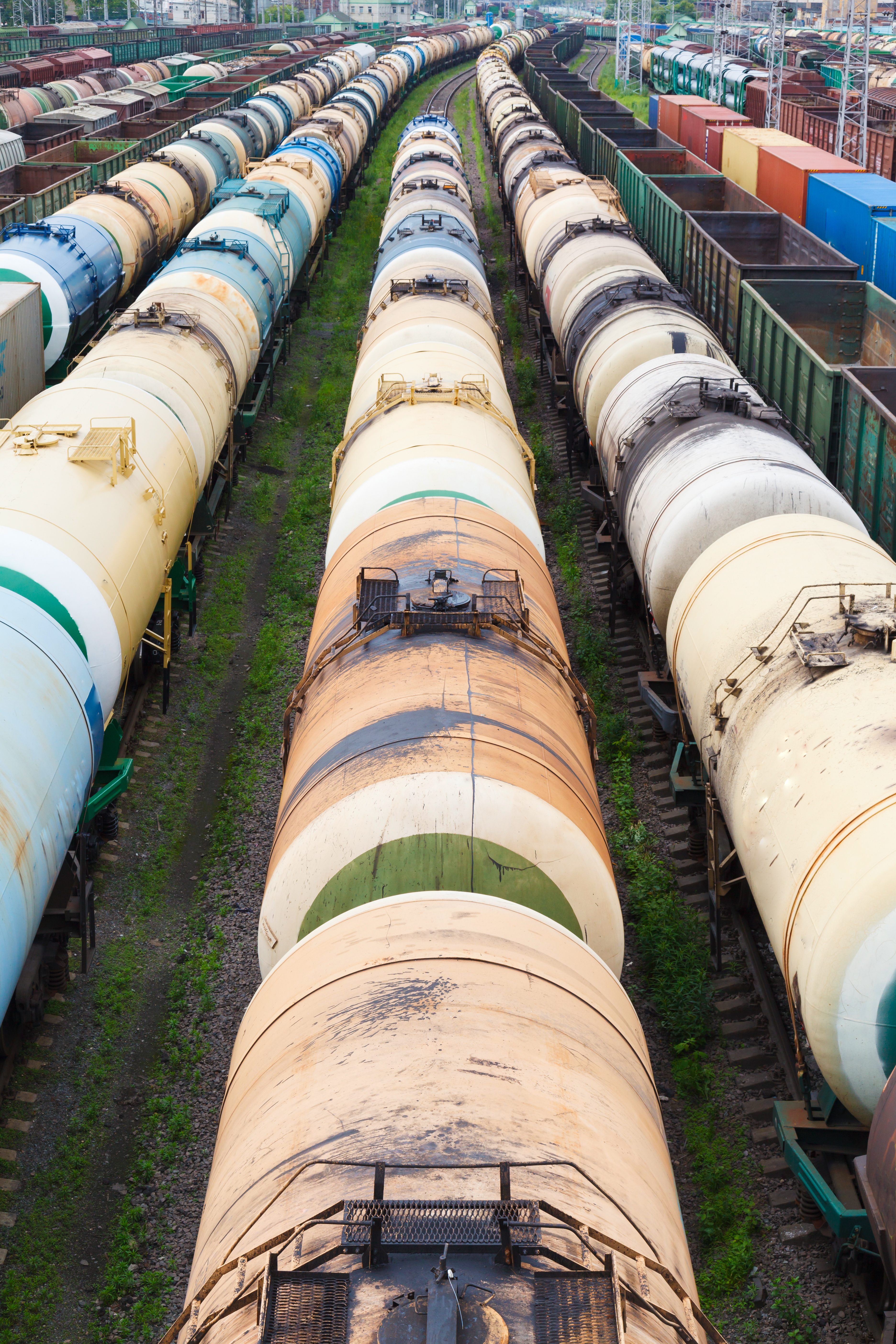
Crude-by-Rail Contracts Cause for Alberta Forecast Budget Deficit
Alberta, Canada is forecasting a budget deficit for 2019-20 caused in large part by crude-by-rail contracts with midstream companies signed in the midst of pipeline congestion.
CALGARY, Alberta (Reuters) — Alberta, Canada's main oil-producing province, said this week its budget deficit would increase in the 2019-20 fiscal year because of a provision made for potential losses on crude-by-rail contracts that were signed by the previous government.
Alberta is home to Canada's vast oil sands, which hold the world's third-largest crude reserves, but the province has struggled to recover from the 2014-2015 global oil price crash because of delays in building new export pipelines and falling capital investment.
The previous New Democratic Party government signed C$3.7 billion in crude-by-rail contracts with rail and midstream companies to help move oil from the landlocked western province. Congestion on oil pipelines led to a glut of crude building up in Alberta and sent the discount on Canadian crude spiraling to record levels.
Premier Jason Kenney slammed the contracts as an unacceptable risk to taxpayers and his government has been in talks with oil companies about the private sector taking over those crude-by-rail deals, although no agreements have been announced so far.
The budget contains a C$1.5 billion provision to "extricate taxpayers" from the crude-by-rail program.
"I am hopeful that in fact by the time we have passed off these contracts to the private sector, that cost will be less, but we had to recognize a risk to Albertans," Finance Minister Travis Toews told a news conference.
He said the Energy Ministry was working on offloading the contracts and he believed there would be an announcement in coming weeks.
Alberta's deficit is expected to reach C$8.7 billion ($6.7 billion) in the fiscal year ending March 31, up from C$6.7 billion in 2018-19. The government said it would return to a surplus by 2023.
Alberta's real GDP is forecast to grow 0.6% in 2019, down from an estimated 2.2% in 2018.
It was the first budget delivered by Alberta's United Conservative Party government, elected in April with promises to cut spending and revive the economy.

